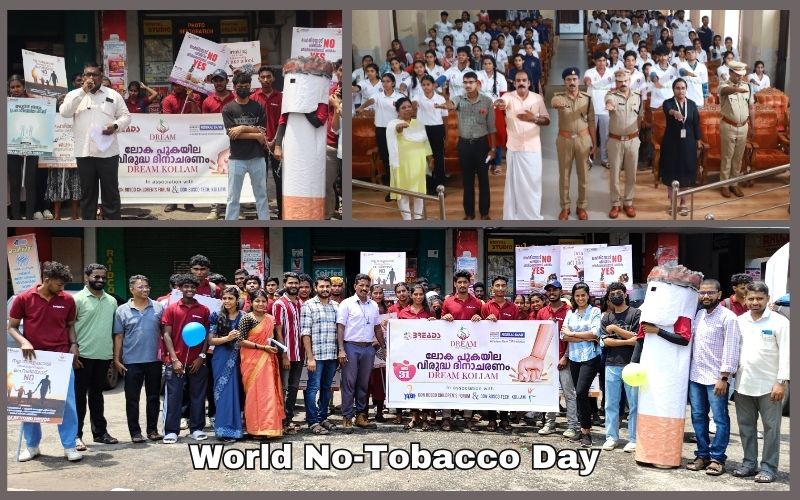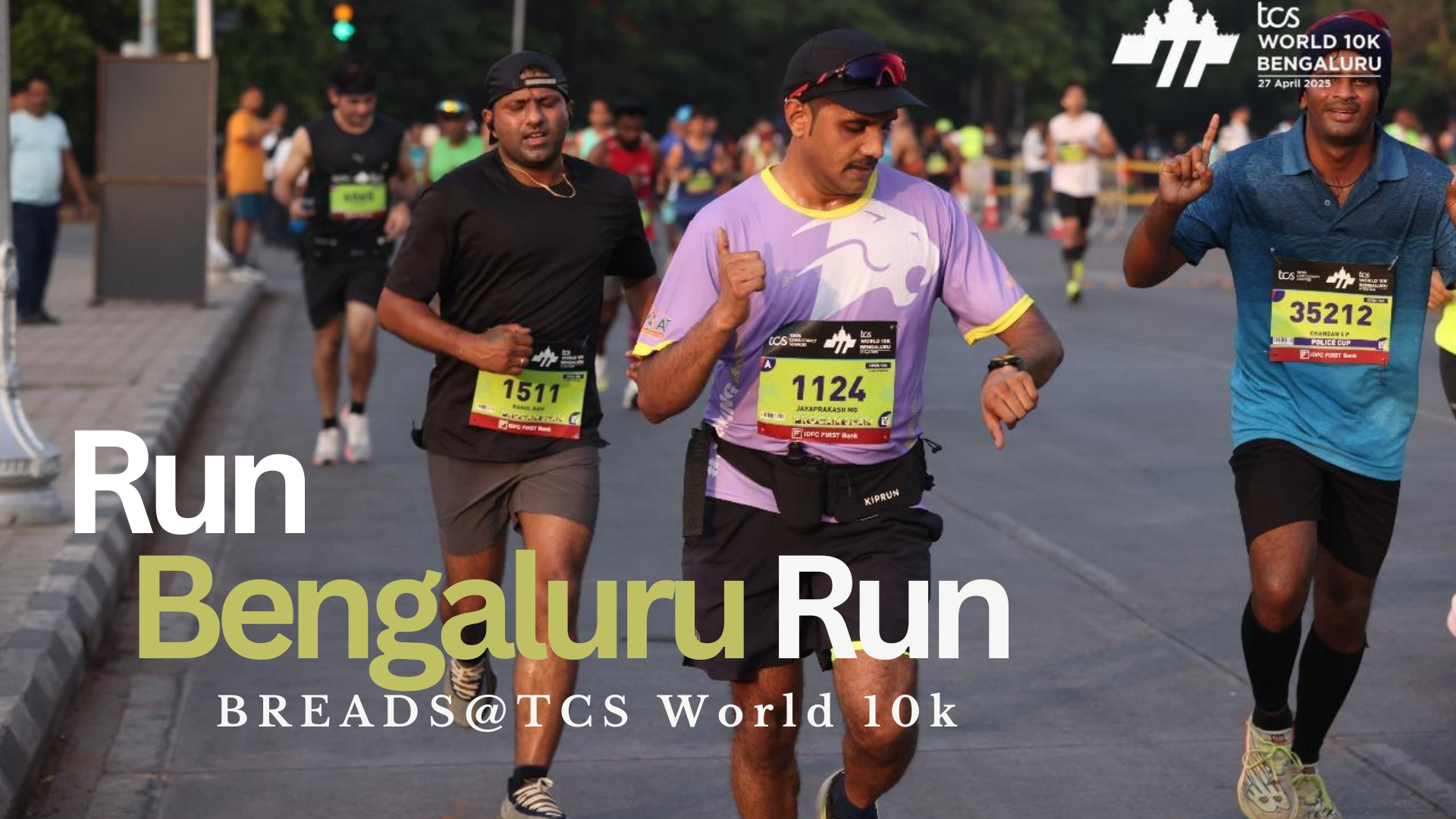Vaping is cool. Many youngsters in urban schools and colleges would say that. There’s a culture created around it to promote its coolness, which is probably why 23% of the college kids in an India Today survey use e-cigarettes. Gen Z vapers have their own vocabulary, memes, cartoons, videos and other social media content to share their experiences. Varieties of flavours are an enticement, adding to the thrill of breaking the law, because possession and use of e-cigarettes are banned in India. The icing on the cake is probably the belief that vaping is not smoking and therefore, not an addictive practice. Yet, as per the World Health Organisation (WHO), children use e-cigarettes at higher rates than adults everywhere and globally, an estimated 37 million youth aged 13–15 years use tobacco.
World No-Tobacco Day (WNTD – 31 May) 2024 exhorts youngsters to step in and speak out about these sneaky ways in which the tobacco industry entices and successfully manipulates them to become users. The DREAM (Drug Rehabilitation Education and Mentoring) teams from BREADS did just that by conducting a variety of engagements and programmes with the youth in various districts in Kerala, India. These interactions aimed at warning and protecting people from tobacco use, offering help to quit tobacco use and enforce bans on tobacco advertising, promotion and sponsorship.
The district DREAM teams collaborated with various sections of society, to highlight the impact of tobacco use in Indian families, especially the youth. In Kannur, interactions, activities, and discussions with tribal youth helped them learn more about choosing a tobacco-free life. The team focused on enabling parents with practical guidance to make proactive choices for the well-being of their families. Similarly, in Wayanad, Excise Officers helped the DREAM staff to spread awareness among the youth. In Thiruvananthapuram, armed with information resources, the team took to the streets and public spots to sensitise the public on tobacco addiction and resources for help. The timely information motivated a person to visit the local DREAM centre for counselling. In Kollam, public awareness programmes included a flash mob and street play, supported by officials of the Child Welfare Committee and Excise department. In Kasargod, parents and panchayat officials were made collectively responsible as role models to foster a safe, substance-free and healthy environment for children. In Thrissur, DREAM staff together with Excise officials and college National Social Service (NSS) and National Cadet Corps (NCC) students, took a pledge to avoid tobacco. Through a game, the students symbolically bowled out tobacco from their lives.
We work collectively towards the day when tobacco is indeed clean bowled from educational campuses in Kerala.





